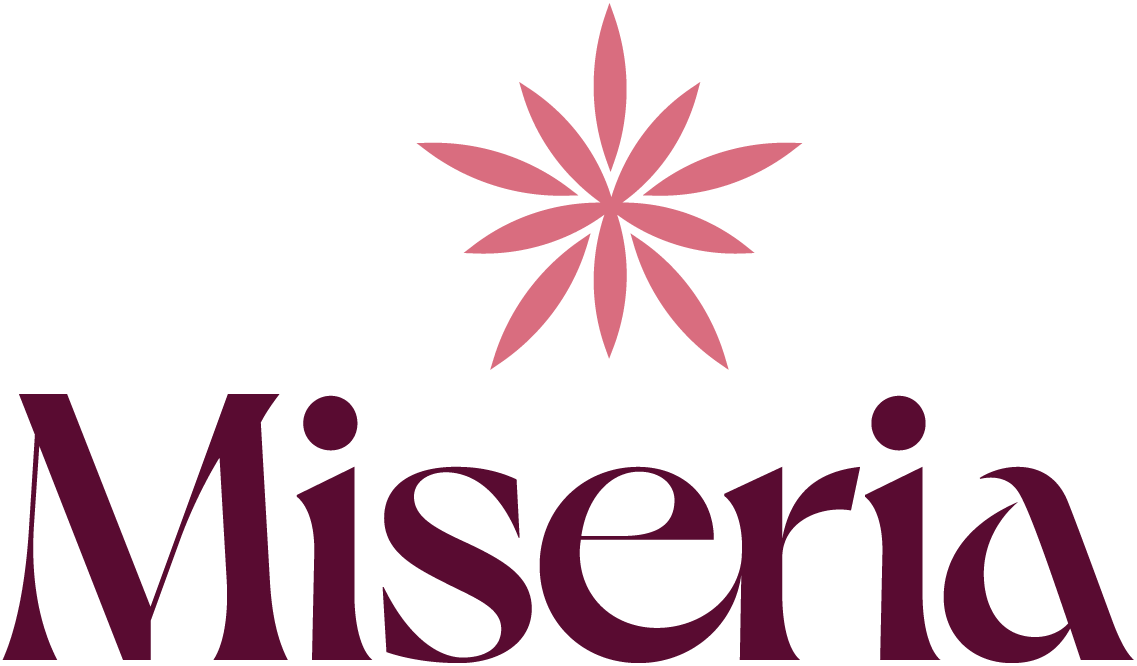Caring for LGBTQAI Individuals at the End of Life: Four Crucial Considerations
End-of-life care is a delicate and deeply personal phase, demanding the utmost respect and sensitivity for individuals’ unique needs and experiences. For those in the LGBTQAI community, these needs often require special attention due to historical and ongoing challenges related to discrimination, stigma, and a lack of understanding. Ensuring compassionate and appropriate care for LGBTQAI individuals as they approach the end of life is paramount. Here are four crucial considerations to keep in mind, along with the importance of completing advance directives.
1. Understanding and Respecting Identity
For LGBTQAI individuals, their identity is a core part of who they are. It’s crucial that caregivers, family members, and healthcare professionals understand and respect this identity. This includes using the correct pronouns, acknowledging chosen families, and respecting personal boundaries. Misgendering or dismissing an individual’s sexual orientation can cause significant emotional distress and undermine the quality of care provided.
Action Steps:
Train healthcare staff in LGBTQAI cultural competence.
Use inclusive language and ask individuals about their preferences.
Ensure that medical records accurately reflect the individual’s gender identity and preferred name.
2. Addressing Unique Health Concerns
LGBTQAI individuals may face specific health challenges that can affect end-of-life care. For example, there may be a higher prevalence of certain cancers or chronic conditions in some subgroups, possibly linked to historical disparities in healthcare access and treatment. Additionally, mental health concerns, such as anxiety and depression, might be more prevalent due to societal stigma and discrimination.
Action Steps:
Conduct thorough health assessments that consider the unique risks faced by LGBTQAI individuals.
Collaborate with specialists familiar with LGBTQAI health issues.
Provide mental health support and resources tailored to the community’s needs.
3. Recognizing and Supporting Chosen Families
Many LGBTQAI individuals rely on chosen families—networks of friends and loved ones who provide emotional and practical support. These chosen families can be as important, if not more so, than biological families. It’s essential to recognize and involve these individuals in the care process, respecting their roles and the individual’s wishes.
Action Steps:
Include chosen family members in care discussions and decision-making processes.
Ensure that healthcare facilities have policies in place to recognize chosen families.
Create a welcoming environment for all supportive individuals in the patient’s life.
4. Creating a Safe and Inclusive Environment
An inclusive and safe environment is critical for the well-being of LGBTQAI individuals. This includes both physical safety and emotional support. Fear of discrimination or past negative experiences with healthcare providers can lead to mistrust and reluctance to seek necessary care.
Action Steps:
Implement non-discrimination policies explicitly including sexual orientation and gender identity.
Display symbols of inclusion, such as pride flags or affirming posters, in healthcare settings.
Provide ongoing training for staff on creating a welcoming and supportive environment for LGBTQAI patients.
The Importance of Completing Advance Directives
Advance directives are legal documents that allow individuals to outline their preferences for end-of-life care, appoint a healthcare proxy, and ensure their wishes are respected. For LGBTQAI individuals, completing advance directives is particularly important as it provides a clear guide for healthcare providers and loved ones, minimizing the risk of conflicts or misinterpretation of their wishes.
Key Components of Advance Directives:
Living Will: Specifies the types of medical treatment the individual does or does not want.
Durable Power of Attorney for Healthcare: Appoints someone to make healthcare decisions if the individual is unable to do so.
HIPAA Authorization: Allows designated individuals to access medical information.
By completing advance directives, LGBTQAI individuals can ensure their identities, relationships, and healthcare preferences are honored, providing peace of mind for themselves and their loved ones.
End-of-life care for LGBTQAI individuals requires an approach that is both compassionate and informed. By understanding and respecting identity, addressing unique health concerns, recognizing chosen families, and creating a safe and inclusive environment, we can provide the dignified care that everyone deserves. Additionally, the importance of advance directives cannot be overstated, as they play a critical role in safeguarding the wishes and rights of LGBTQAI individuals during one of life’s most vulnerable times.
Providing thoughtful, respectful, and inclusive end-of-life care not only upholds the dignity of LGBTQAI individuals but also fosters a healthcare environment that truly values and celebrates diversity in all its forms.
